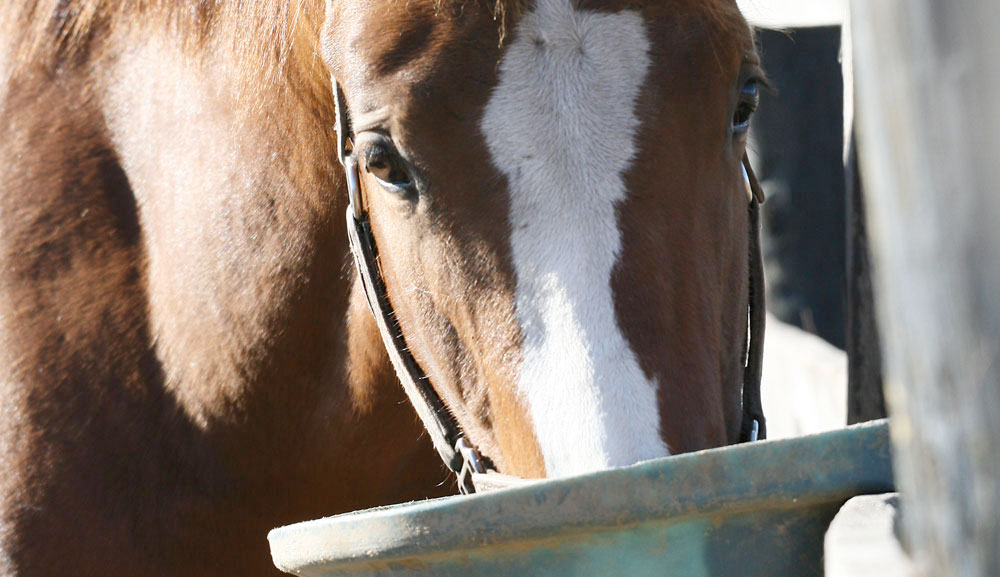Career Transitions into the Horse Industry

Transitioning into a career in the horse industry can be a rewarding and fulfilling choice for those passionate about horses and equestrian activities. This article explores various pathways, necessary skills, and opportunities available for individuals looking to make this career change.
Why Choose a Career in the Horse Industry?

- Passion for Horses: Working with horses offers a unique connection to these majestic animals.
- Diverse Opportunities: From training and breeding to veterinary care and event management.
- Growing Industry: The equine sector continues to expand globally, offering new roles.
Common Career Paths in the Horse Industry
| Career Path | Description | Required Skills/Qualifications |
|---|---|---|
| Horse Trainer | Training horses for riding, competition, or work | Experience with horses, patience, knowledge of training techniques |
| Equine Veterinarian | Providing medical care to horses | Veterinary degree, specialization in equine medicine |
| Stable Manager | Overseeing daily operations of a stable | Organizational skills, horse care knowledge, management experience |
| Farrier | Hoof care and shoeing | Apprenticeship, certification, physical stamina |
| Equine Nutritionist | Advising on horse diets and supplements | Background in animal nutrition, equine science |
| Event Coordinator | Organizing horse shows and competitions | Event planning skills, knowledge of equestrian events |
Steps to Transition into the Horse Industry
- Assess Your Current Skills and Interests: Identify transferable skills such as management, healthcare, or customer service.
- Gain Relevant Education and Certifications: Consider courses in equine science, veterinary assistance, or farriery.
- Volunteer or Intern: Hands-on experience is invaluable; seek opportunities at stables, clinics, or events.
- Network with Industry Professionals: Join equestrian clubs, attend industry events, and connect on social media.
- Apply for Entry-Level Positions: Start with roles that match your skills and build experience.
Challenges to Consider
- Physical Demands: Working with horses requires strength and stamina.
- Emotional Investment: Building relationships with animals can be emotionally intense.
- Financial Costs: Training and certifications may require investment.
Frequently Asked Questions (FAQ)
Q1: Do I need prior experience with horses to enter the industry?
A1: While prior experience is beneficial, many entry-level roles and training programs welcome beginners.
Q2: What qualifications are essential for becoming an equine veterinarian?
A2: A veterinary degree with specialization in equine medicine is required, along with licensing.
Q3: Can I transition from a non-horse-related career?
A3: Yes, many skills such as management, healthcare, and customer service are transferable.
Q4: How can I find internships or volunteer opportunities?
A4: Contact local stables, equine clinics, or industry organizations; online platforms also list opportunities.
Conclusion
A career in the horse industry offers diverse and fulfilling opportunities for those willing to invest time and effort. By understanding the pathways, gaining relevant skills, and networking effectively, you can successfully transition into this vibrant field.
This article is designed to guide and inspire individuals considering a career change into the horse industry, providing practical advice and insights.
